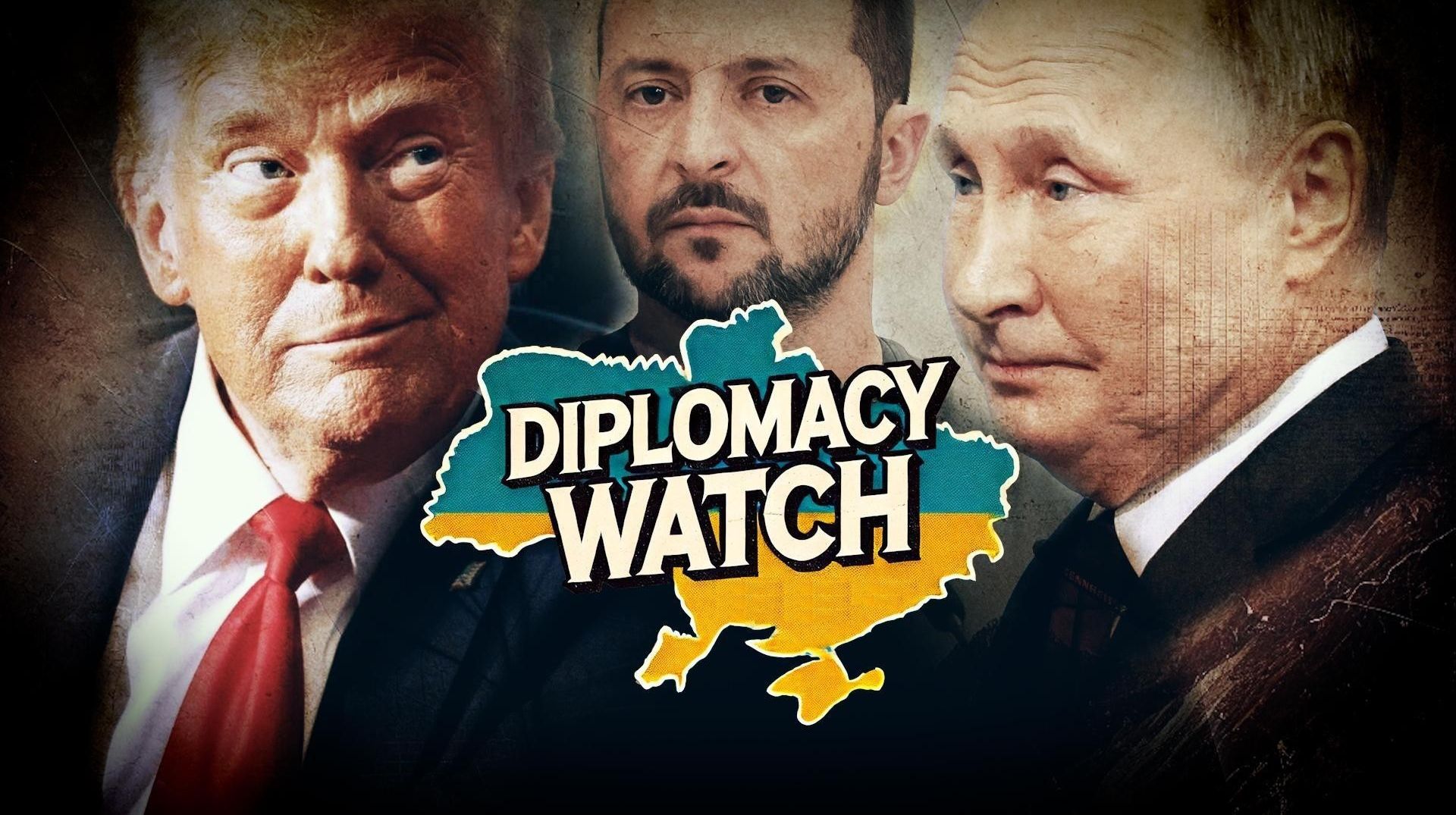After recently deciding to withhold the shipment of certain weapons to Ukraine and opposing new sanctions on Russia, the Trump administration is seemingly reversing course following weeks of unproductive peace talks and multiple large-scale Russian bombardments on Ukraine.
On Tuesday, President Trump expressed deep frustration with President Putin following a lengthy phone call between the two.
“I’m not happy with Putin, I can tell you that much right now, because he’s killing a lot of people,” Trump said. “We get a lot of bullshit thrown at us by Putin. You want to know the truth? He is very nice all the time, but it turns out to be meaningless.”
Trump also said that Putin was “not treating human beings right,” and that Washington would be “sending some defensive weapons to Ukraine, and I’ve approved that.”
This dissatisfaction also comes as Russia has been pummeling Ukraine with some of its most intense attacks to date. In addition to starting its summer offensive in Ukraine, the Russian military launched 537 aerial weapons last Friday night and over 700 on Wednesday, with each attack resulting in civilian casualties.
The decision is a reversal in policy from earlier in the month when American stockpiles were running low. According to White House Spokesperson Anna Kelley, the decision to halt some shipments “was made to put America’s interests first following a review of our nation’s military support and assistance to other countries across the globe.”
“The Department of Defense is sending additional defensive weapons to Ukraine to ensure the Ukrainians can defend themselves while we work to secure a lasting peace,” said Pentagon Spokesperson Sean Parnell. Significantly, the administration is weighing sending a Patriot Air Defense system as part of the weapons package. This would be the first Patriot system provided to Ukraine under the Trump administration and the fourth that Kyiv has received from Washington overall.
In addition to approving further weapons shipments to Ukraine, the Trump administration has reportedly given its approval to a measure proposed by Sen. Lindsey Graham (R-S.C.), which would place wide-reaching sanctions on Russian officials and additional tariffs on countries that do business with the Kremlin.
Graham and his co-sponsor, Sen. Richard Blumenthal (D-Conn.), said in a press release, “the dominating view in the United States Senate is that Russia is the aggressor, and that this horrific war and Putin’s aggression must end now and be deterred in the future.”
The bipartisan bill, which would impose 500% tariffs on certain nations, is gaining momentum and is expected to come to a vote in the Senate later this month, according to Senate leadership.
“The Senate will move soon on a tough sanctions bill – not only against Russia – but also against countries like China and India that buy Russian energy products that finance Putin’s war machine, Sen. Graham posted on X. “The Senate bill has a presidential waiver to give President Trump maximum leverage.
The bill isn't without its opponents, though. “The country that will be harmed the most under this legislation will be the United States, both economically and strategically,” wrote Sen. Rand Paul (R-Ky.) in a piece for Responsible Statecraft. “If implemented, these tariffs would make U.S. trade with most of the world untenable, raise prices for American consumers, and risk further weakening the dollar.”
In other Ukraine War news this week:
The Wall Street Journal reports that France and the United Kingdom will begin to coordinate the usage of their nuclear weapons in defense of Europe. “Any adversary threatening the vital interests of Britain or France could be confronted by the strength of the nuclear forces of both nations,” said the French Ministry of Defense.
While in Malaysia for an ASEAN foreign ministers' meeting, Secretary of State Marco Rubio met with Russian Foreign Minister Sergey Lavrov. There, Lavrov presented new ideas regarding a peace deal to the United States. According to The Washington Post, Rubio expressed frustration in Moscow’s unwillingness to be flexible, but that the recent proposal was a “new and a different approach.”
Rubio didn’t offer any further details and cautioned that the deal wouldn’t necessarily “guarantee a peace.”
From this week’s State Department briefing:
Spokesperson Tammy Bruce fielded a question concerning Trump’s policy toward weapons shipments to Ukraine and the conflict in general, and confirmed Washington’s policy of supporting Ukraine. “We care about those people,” she said. “We care about making sure that they have what they need.” Bruce added that “the president feels obviously very passionate and determined regarding the ability of Ukraine to defend itself.”
- Imposing 500% tariffs on nations that trade with Russia will backfire ›
- Graham: Trump ready 'to move' on Russia sanctions ›
















